We often upgrade our technology every few years, whether it's the latest iPhone, a sluggish processor, or a graphics card that can't keep up with new games. While old hardware is typically resold or discarded, many outdated devices continue to function effectively and even prove indispensable in unexpected ways. Here are eight fascinating examples of how vintage technology still holds its ground.
Table of Content
- Retro Computers Mining Bitcoin
- A Reliable Mechanic’s Assistant Since the '80s
- Vintage Tech as a Bakery POS System
- Outdated Systems Managing Nuclear Arsenals
- Windows XP Powers Multi-Billion Dollar Aircraft Carrier
- Critical Airport Infrastructure Fails Due to Legacy Software
- Classic Hardware Used for Cutting-Edge Research
- Nostalgia Keeps Old Systems Alive
Retro Computers Mining Bitcoin
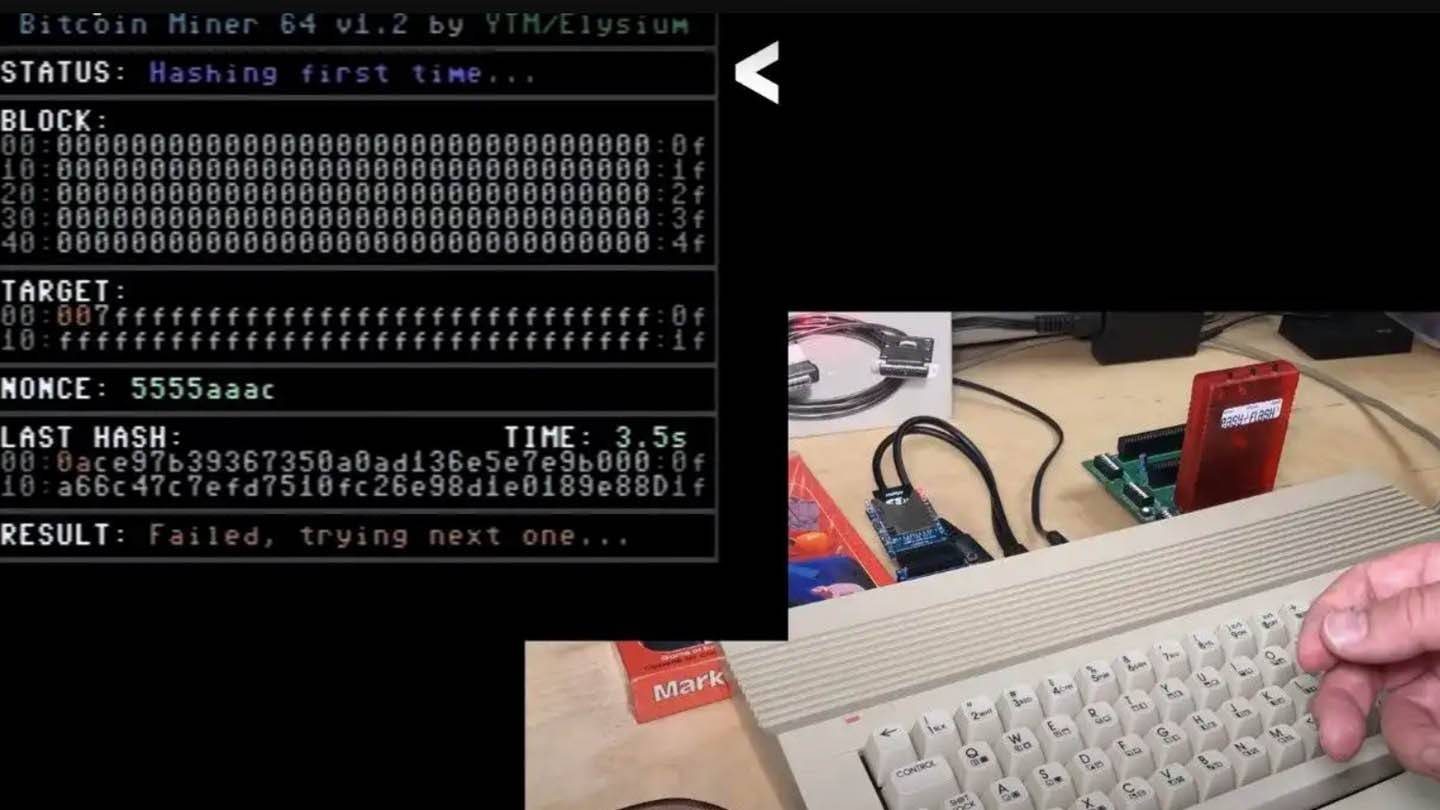 Image: x.com
Image: x.com
An enthusiast showed that the Commodore 64, a 1982 computer, can mine Bitcoin. However, its 8-bit, 1 MHz processor can only process 0.3 hashes per second. For comparison, an RTX 3080 GPU processes 100 million hashes per second. At this rate, it would take the C64 about a billion years to earn one Bitcoin.
Another YouTuber, stacksmashing, tried mining Bitcoin with a Nintendo Game Boy from 1989. By connecting the console to the internet via a Raspberry Pi Pico microcontroller, he managed to run a mining program. The Game Boy operates at 0.8 hashes per second, slightly faster than the C64 but about 125 trillion times slower than modern ASIC miners. Mining one Bitcoin with the Game Boy would take longer than the universe has existed.
A Reliable Mechanic’s Assistant Since the '80s
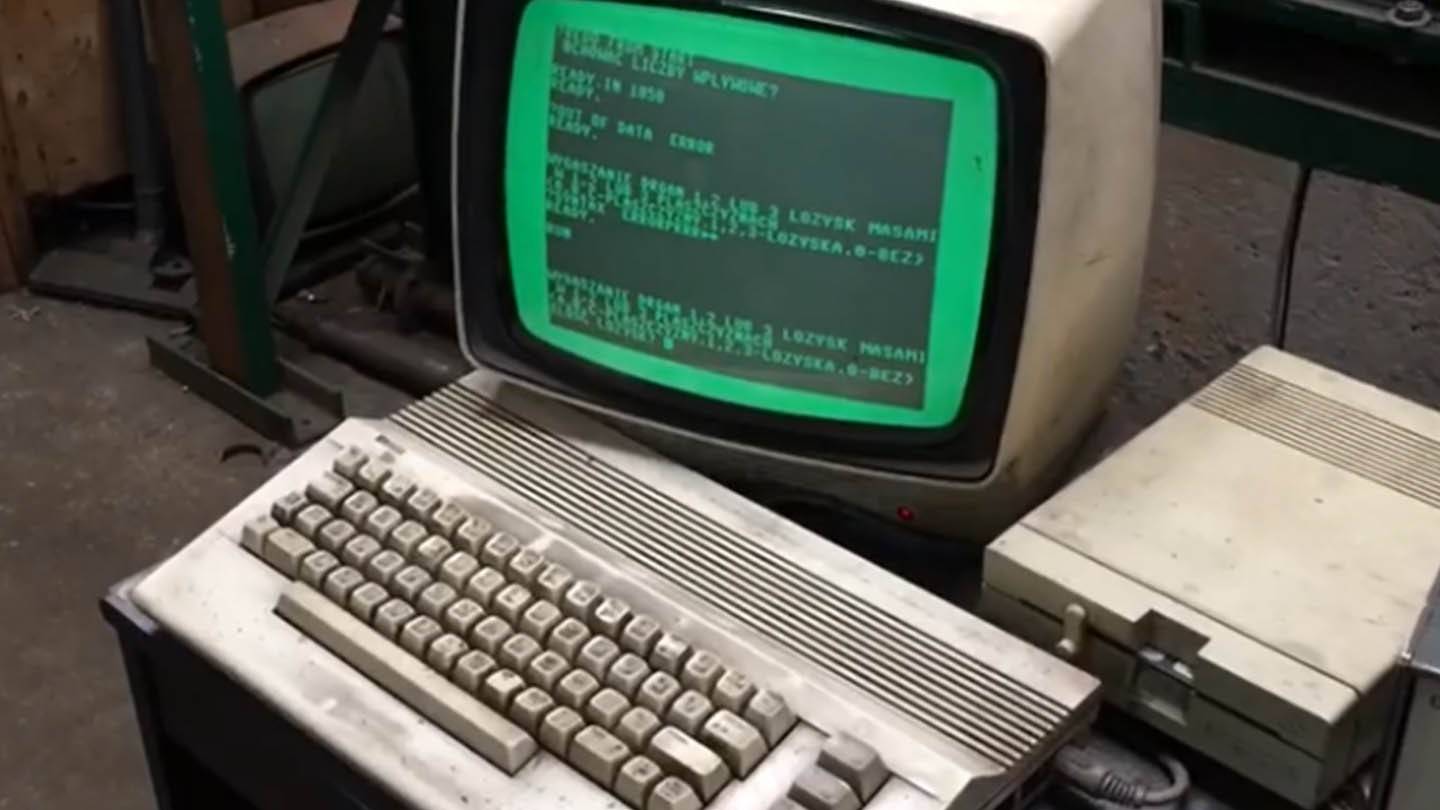 Image: x.com
Image: x.com
In Gdansk, Poland, a trusty Commodore 64C has been assisting mechanics for over three decades. Despite surviving a flood, the computer continues to perform drive shaft calculations flawlessly. With a 1 MHz CPU and just 64 KB of memory, the C64C runs custom software developed by the business owner, proving that older technologies can sometimes outlast their modern counterparts.
Vintage Tech as a Bakery POS System
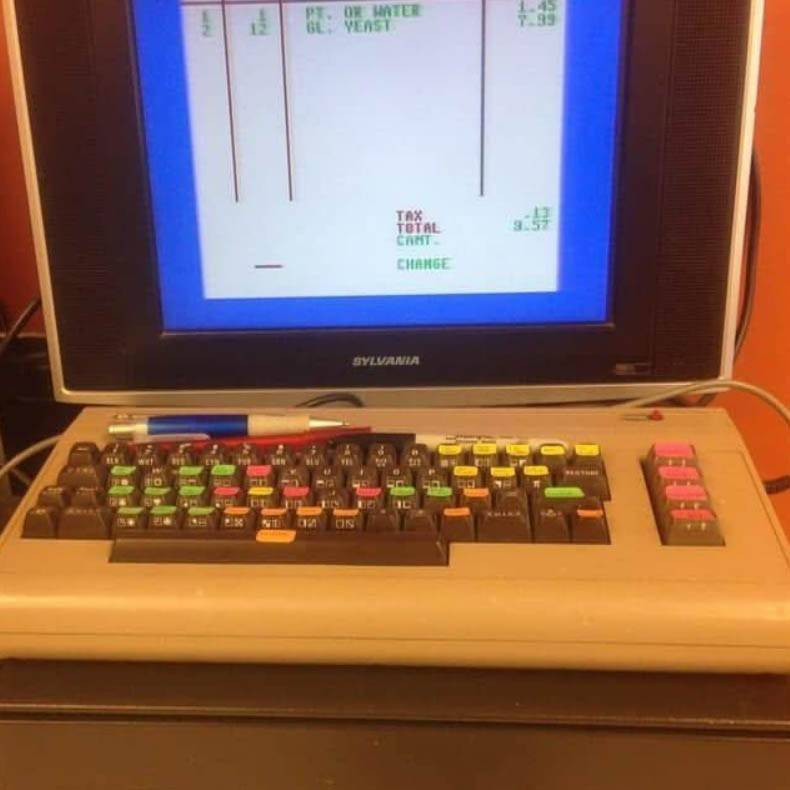 Image: x.com
Image: x.com
A bakery in Indiana has used a Commodore 64 as its point-of-sale (POS) system since the 1980s. Affectionately known as the "breadbox," it serves as an online cash register. Unlike modern POS systems that can be disrupted by software updates, the C64 remains reliable, requiring only keyboard label updates for different baked goods.
Outdated Systems Managing Nuclear Arsenals
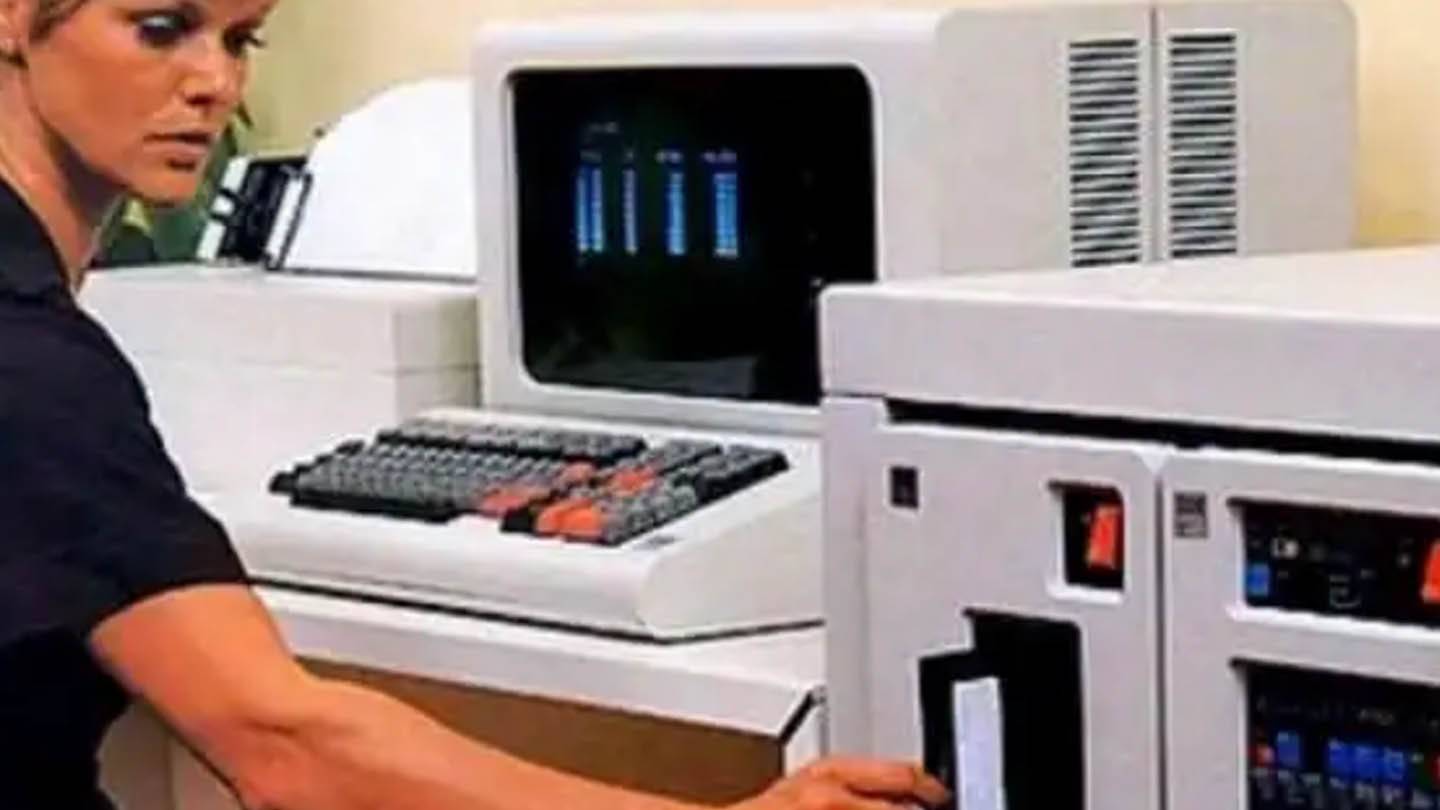 Image: x.com
Image: x.com
The United States manages its nuclear arsenal using an IBM computer from 1976, which uses 8-inch floppy disks capable of storing around 80 KB of data—less than the average instant message. While modernization plans exist, the current system persists due to its proven reliability.
Similarly, Germany's naval fleet employs 8-inch floppy disks on its Brandenburg-class frigates. Despite being built in the 1990s with advanced weaponry, these ships rely on outdated storage technology. Efforts to upgrade include installing floppy disk emulators, but nostalgia seems to keep the original system in use.
Windows XP Powers Multi-Billion Dollar Aircraft Carrier
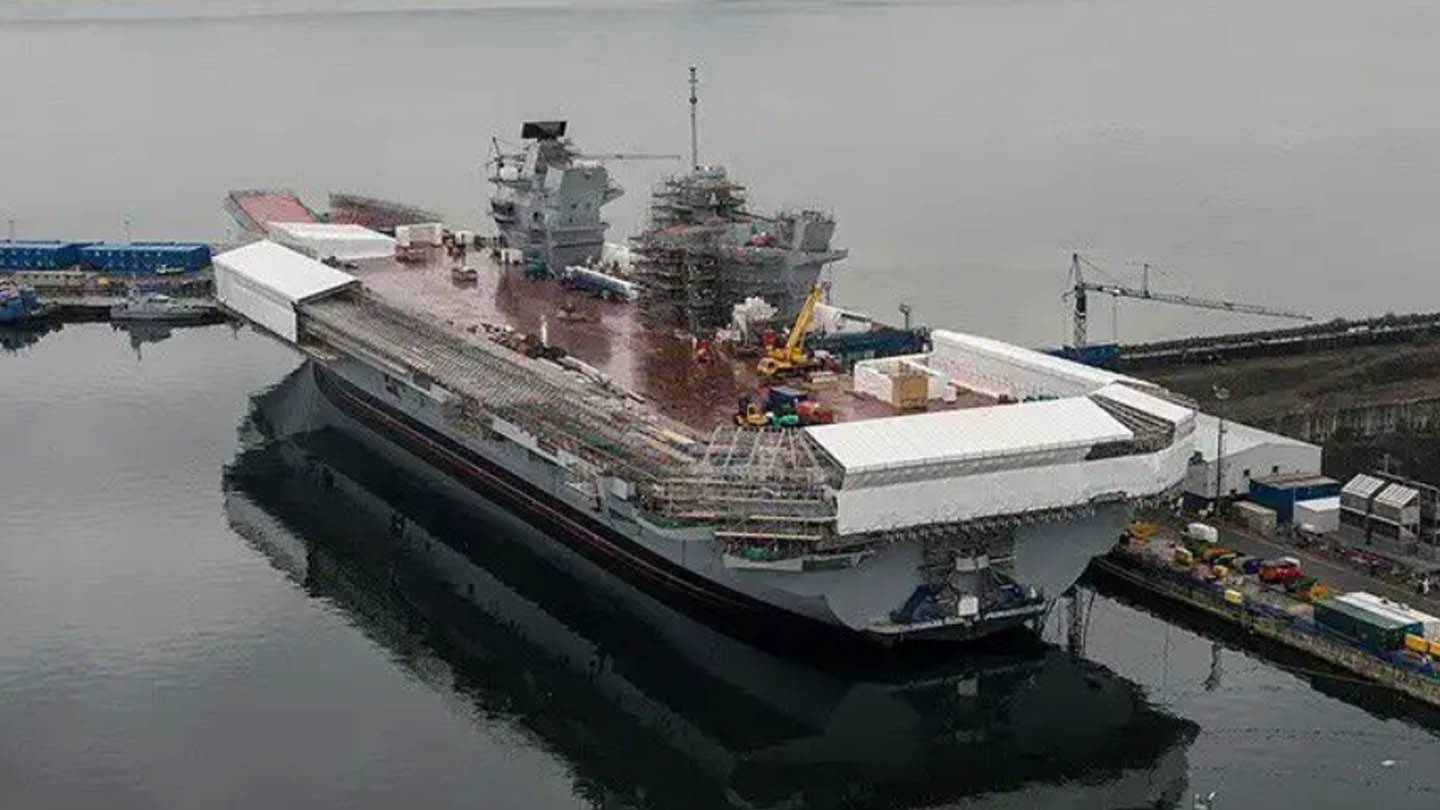 Image: x.com
Image: x.com
The British aircraft carrier HMS Queen Elizabeth, costing billions, runs on Windows XP, an operating system whose support ended in 2014. Although the Royal Navy claims all necessary security measures are in place, reliance on this outdated software raises concerns.
Similarly, Britain's Vanguard-class submarines Victorious, Vigilant, and Vengeance use Windows XP for intercontinental missile management. These systems remain offline for security reasons, with updates not planned until 2028.
Critical Airport Infrastructure Fails Due to Legacy Software
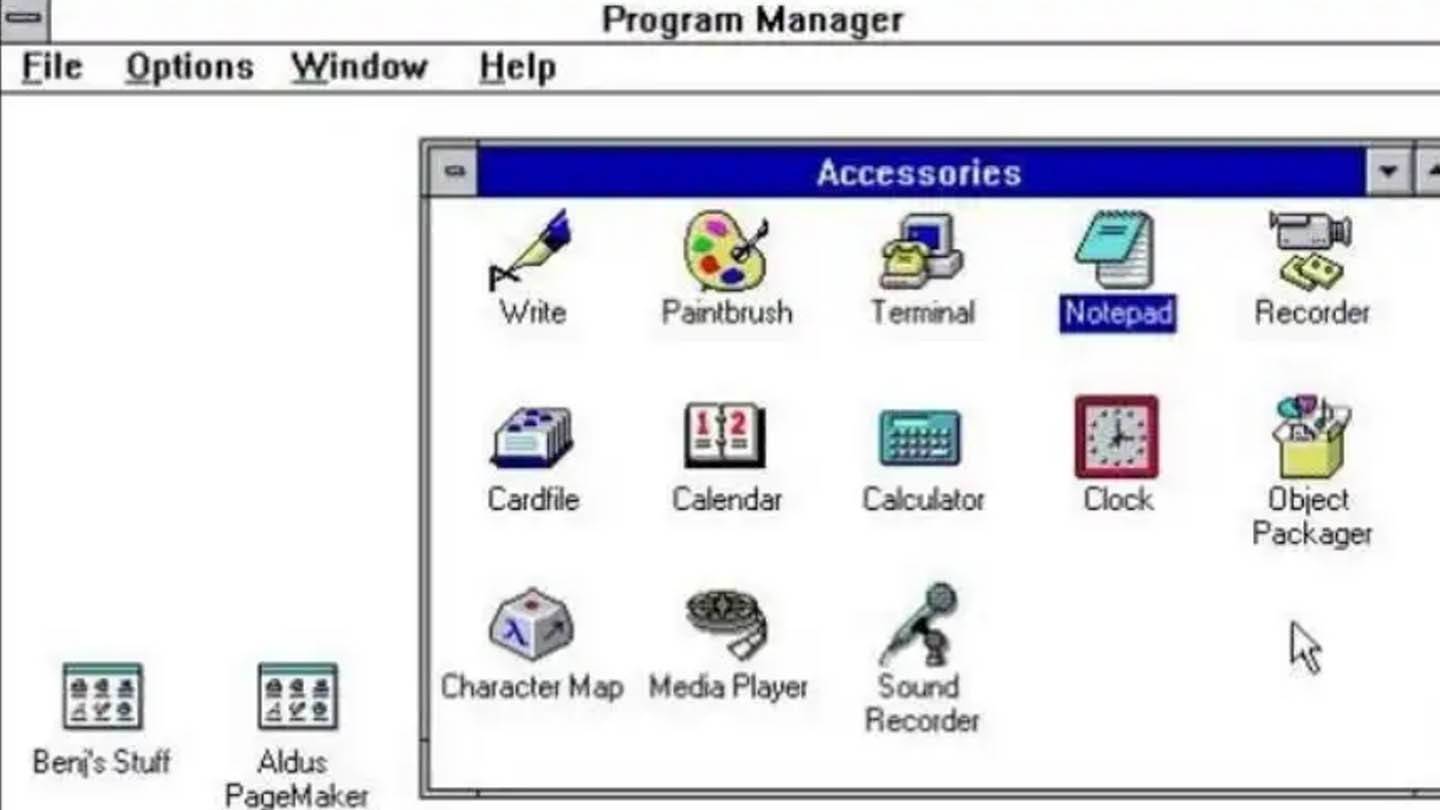 Image: x.com
Image: x.com
In 2015, Paris Orly Airport experienced a failure when a computer running Windows 3.1, a 1992 operating system, crashed. The DECOR software, which provides pilots with weather data, stopped functioning, leading to flight suspensions for safety reasons. Users humorously suggested that the computer simply wanted to upgrade to Windows 95.
Classic Hardware Used for Cutting-Edge Research
Although not explicitly mentioned in the original article, classic hardware is often repurposed for scientific research. For instance, retro computers like the Commodore 64 are used in educational settings to teach programming basics or simulate simple physics experiments. Their simplicity makes them ideal for understanding fundamental computing principles.
Nostalgia Keeps Old Systems Alive
Beyond practical applications, many organizations retain legacy systems out of habit or nostalgia. Whether it's maintaining compatibility with existing workflows or avoiding costly upgrades, these decisions highlight the enduring value of familiar tools.
These examples illustrate how outdated technology continues to serve critical functions across various industries. From gaming consoles mining cryptocurrency to ancient computers guiding global defense systems, legacy tech proves surprisingly resilient. While upgrades may eventually replace them, these devices remind us of the enduring value of simplicity and reliability.








![Taffy Tales [v1.07.3a]](https://imgs.xfsxw.com/uploads/32/1719554710667e529623764.jpg)











